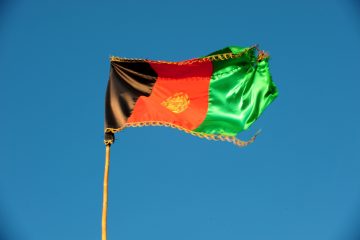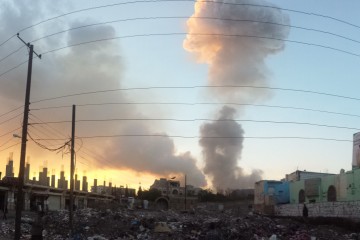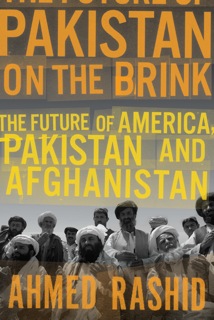
New Challenges – Is the Taliban in Transition?
On 21st May, an American airstrike killed Taliban leader Mullah Akhtar Mansour in the Pakistani province of Baluchistan. This operation, which involved multiple drones, comes as a relief to many, as Mansour had been actively planning and carrying out attacks across Afghanistan. According to the US Secretary of State John Kerry, Mansour ‘posed a continuing imminent threat to US personnel in Afghanistan, Afghan civilians, Afghan security forces, and members of the US and the NATO coalition.’ The killing of the Taliban leader, however, is likely to lead to unwelcome consequences, and will hamper peace talks between the insurgents and the government. The issue of peace talks has always been unpopular among the Taliban’s most senior leadership. In the wake of Mansour’s …

How can al-Qaeda in the Arabian Peninsula be defeated?
Al-Qaeda in the Arabian Peninsula (AQAP) went “on the run” two weeks ago as UAE-supported military forces closed in on the city of Mukalla, AQAP’s de facto capital in eastern Yemen. Saudi state media celebrated a mass annihilation of fleeing AQAP fighters. In reality, the evidence from the ground was more complex. According to my sources in and around the city — borne out by other reporting — AQAP conducted a tactical withdrawal following negotiations with local intermediaries. It remains a coherent organization. This “liberation” of Mukalla from al-Qaeda rule raises awkward questions. First, how was AQAP able to facilitate a graceful exit, such that it can regroup and bide its time to return? Second, and more fundamentally, how has AQAP continued to spread its influence …

Is Pakistan a bigger problem than Afghanistan? A critical appraisal of Ahmed Rashid’s ‘Pakistan on the Brink’
Ahmed Rashid, the veteran Pakistani writer on the conflict in Afghanistan and Central Asia, has authored another book, titled Pakistan on the Brink: The Future of America, Pakistan and Afghanistan. A sequel to his four earlier books on the subject since mid-90s, especially Descent into Chaos (2008), the study underlines the precariousness of the Pakistani state’s chances for survival and the urgent need for policy resolutions. It also explains the causes of the recent deterioration in US-Pakistan relations and how they can be rectified; pinpoints factors responsible for the failure of the Obama Administration’s approach towards Pakistan and the Afghan war; and suggests ways to stabilise Pakistan and achieve a lasting peace in Afghanistan, amid the withdrawal of US and …









